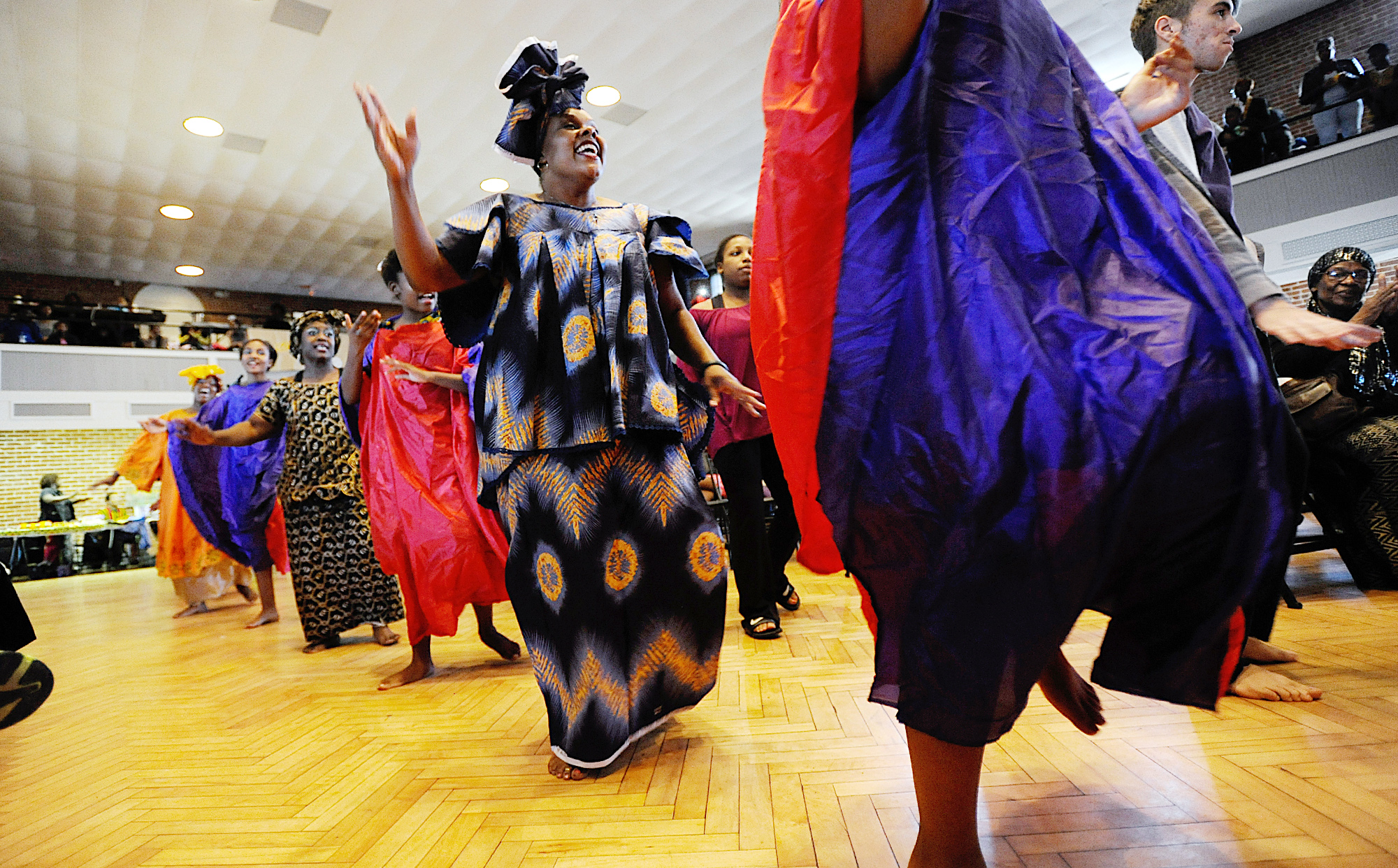
Kwanzaa, a Swahili word that means “first fruits,” is a seven-day festival that honors African heritage in African American culture. Kwanzaa takes place each year in the United States from December 26 to January 1 and celebrates family and community through music, dance, poetry, storytelling and art.
By Mary Jane Maxwell, ShareAmerica

Maulana Karenga, an African American civil rights activist, first established Kwanzaa in 1966 as a way for African Americans to reconnect with their African cultural and historical heritage. “It is important to note Kwanzaa is a cultural holiday, not a religious one,” Karenga says, and thus available to Africans and African Americans of all religious faiths.
Karenga chose to communicate the new holiday through the most widely spoken African language, Swahili. According to Karenga, the colors of Kwanzaa are black for the people, red for their struggle, and green for the future and hope that comes from their struggle. Each night during Kwanzaa, celebrants light one of seven candles in a special candle holder called a kinara.

The seven days and candles of Kwanzaa represent seven principles rooted in African tradition that celebrants reflect upon during the week:
Unity (Umoja in Swahili) — To join together families, communities and the nation.
Self-Determination (Kujichagulia) — To ensure people define themselves and are responsible for their own behavior.
Collective work and responsibility (Ujima) — To help each other and to work toward building and maintaining communities.
Cooperative economics (Ujamaa) — To build and support businesses owned by African Americans.
Purpose (Nia) — To commemorate African and African American cultures, customs and history.
Creativity (Kuumba) — To use imagination to improve and beautify communities.
Faith (Imani) — To believe in and support families, leaders, teachers and community leaders.



